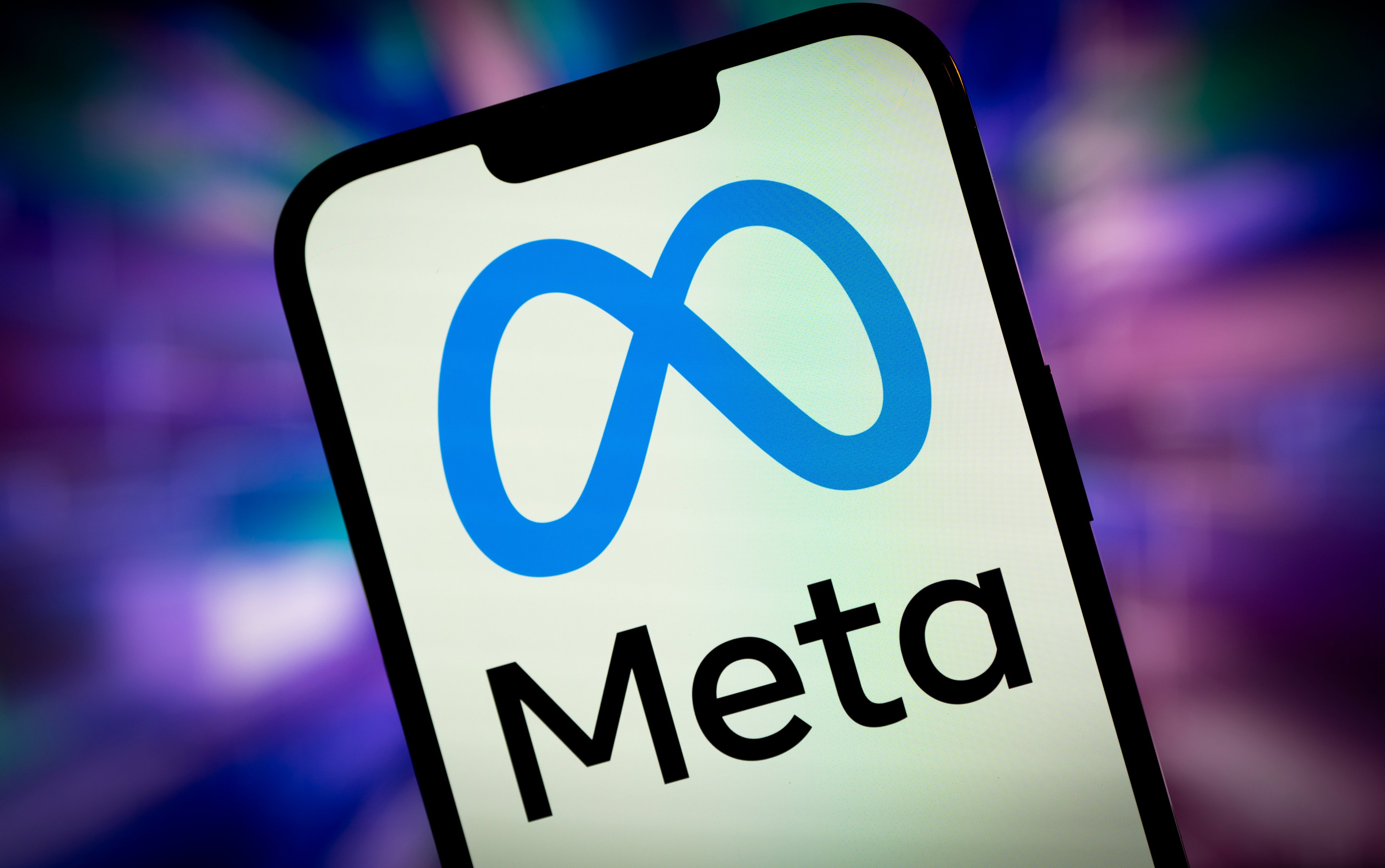By sheer scale, Facebook (FB +1.77%) is hands down the largest social media platform on the planet. With 1.39 billion monthly average users, or MAUs, Facebook puts the king of professional networking LinkedIn's (LNKD +0.00%) 347 million registered members to shame.
However, as LinkedIn demonstrated last quarter, it's growing its user base faster than Twitter (TWTR +0.00%), despite it being more of a niche player, and it is neck-and-neck with Facebook's Instagram for the number two spot.
LinkedIn is viewed primarily as a site for professionals to share information, build a professional network, and search for jobs. This is how LinkedIn seeks to create what it refers to as "economic opportunity" for its members. Sounds good, and as LinkedIn shareholders know -- particularly following its stellar 2014 Q4 -- its objective to become the site of choice for professionals is working.
In large part, LinkedIn's success is due to its fast-growing Talent Solutions division, which drive the majority of LinkedIn's revenues. But what if job seekers opted to conduct their online searches and networking efforts using one of the other social media alternatives, like Facebook or even Twitter? Turns out, they are -- and in surprisingly large numbers.
Spreading the wealth
One of the reasons LinkedIn remains an attractive investment opportunity -- despite its double-digit jump in share price following last quarter's stellar financial results -- is because CEO Jeff Weiner is focused on diversifying revenue across its three primary business units. LinkedIn's Talent Solutions segment still accounts for the majority of revenue. But efforts to grow its marketing solutions and premium subscription businesses are beginning to mitigate the reliance on job-related sales.
By last quarter, Talent Solutions generated 57% of LinkedIn's $643 million in revenue, while its marketing solutions unit grew to 24% of sales, from Q3's 19%. LinkedIn's spreading of the revenue wealth should continue as it assimilates acquisitions like business ad solution Bizo to boost its marketing unit. While it's always a sound idea to diversify revenue streams, it may be even more crucial for LinkedIn based on a recent report from eMarketer.
Go find your own sandbox
As of November of last year, Facebook was far and away the most popular online networking source for job seekers. That in and of itself isn't necessarily surprising given its nearly 1.4 billion MAUs. What is surprising is Facebook isn't merely the choice of job seekers by volume; it also commands the largest percentage of job hunters, by wide margin.
In November, two-thirds of the users tapping social media as a job search tool chose Facebook first. Second? A somewhat surprising 45% opted for Twitter, while just 40% said they chose LinkedIn. Clearly, there's a lot of overlap as job hunters utilized multiple social media sites to find work, but the survey results do open the door to some questions regarding LinkedIn's niche, particularly when you factor in one more interesting tidbit.
Facebook goes to work
It was about this time in January that Facebook announced its new Facebook At Work app was coming to an iOS or Android OS device near you. As one industry pundit described it, "Facebook is running out of humans," and its enterprise collaboration tool is a means to penetrate a new market. As it stands, Facebook at Work isn't a direct competitor of LinkedIn; it's more of an internal collaboration and document-sharing tool.
With so many existing users familiar with the Facebook "look" and "feel," the transition to the workplace seems to be a natural. So, what happens if Facebook at Work takes off, which it likely will? It will neither be long nor very difficult before Facebook expanded Work's functionality to compete directly with LinkedIn as a professional networking alternative. And in terms of selling the new professional service to its two million marketing partners, no digital advertiser around can target its spots better than Facebook.
The even bigger concern down the line for LinkedIn is the aforementioned search preferences of job hunters. Should Facebook at Work, or some derivative thereof, decide to play directly in LinkedIn's Talent Solutions sandbox, Facebook's size and scope would be an immediate threat. Not to mention the number of users already utilizing Facebook as their primary job search alternative.
Is that Facebook's grand plan: to take on LinkedIn at its own game? Not yet, but you can bet Facebook CEO Mark Zuckerberg is aware of eMarketer's job search data, and as LinkedIn and others before it have made abundantly clear, there are significant opportunities to be had in the job market. LinkedIn's revenue diversification efforts could prove to be more than simply a good business decision, they may turn out to be its saving grace.






